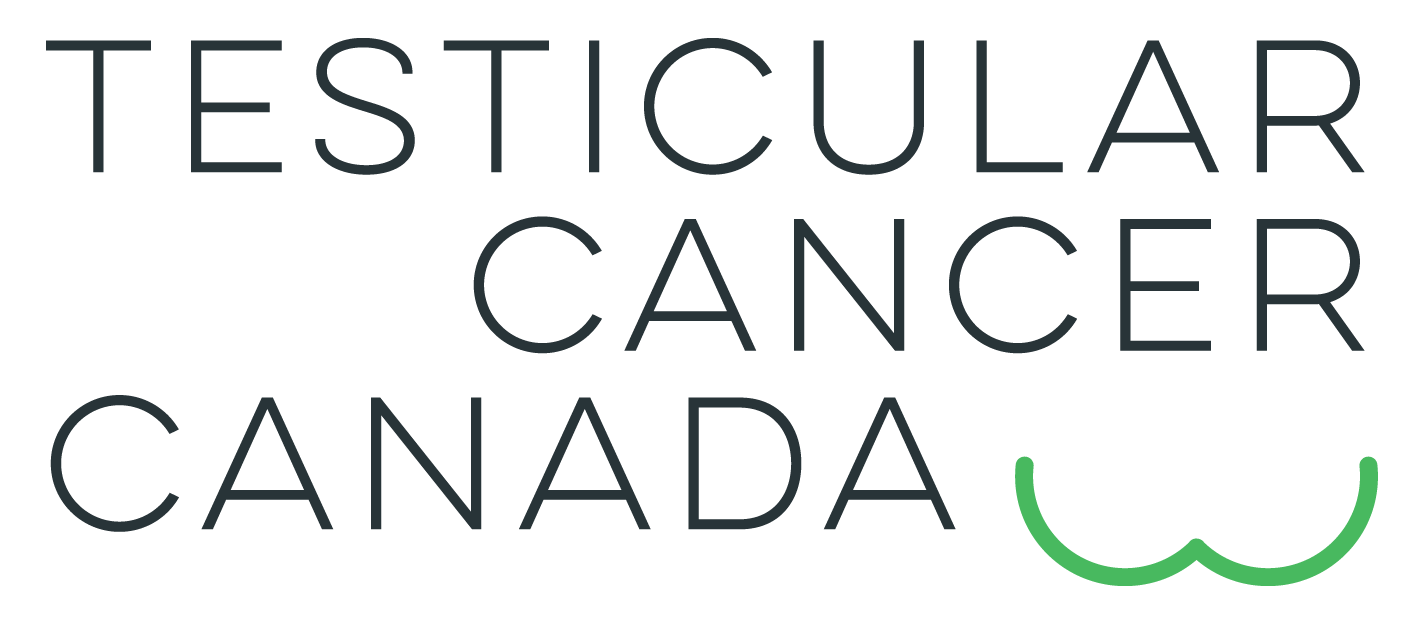Sun feels good, but I'm so tired
Fatigue is the most common symptom of cancer and can be acute or chronic. Cancer fatigue is different from the normal tiredness sometimes felt by a healthy person. This sense of tiredness is usually not relieved with rest and is not related to an excessive amount of activity. Many patients describe it as feeling "bone-tired". They feel physically, mentally, and emotionally drained. For instance:
Physical fatigue: You feel weak. Your arms and legs feel heavy. Your sleep is disturbed. You have trouble completing your usual activities...
Emotional fatigue: You feel unmotivated. You have lost interest in your usual activities. You feel sad, frustrated, or irritable...
Mental fatigue: You have difficulty concentrating. Your short-term memory is poor…
Medically reviewed by Urologic Oncologist Dr. Robert J. Hamilton on 05/29/2022
Fatigue can be a real problem for some testicular cancer patients. How to cope and preserve energy to better bounce back then becomes a priority.
However, it can be difficult to manage this fatigue since it can be caused by many factors at once. Cancer can cause changes in your body, including increased energy needs. Chemotherapy and radiation can also cause fatigue while your body works to repair damaged non-cancer cells. Treatments that have side effects such as anemia and pain, or that affect your hormones, can also contribute to fatigue.
Fatigue can fluctuate during and after your treatment, with "good days" and "bad days". For example:
Fatigue after surgery: After surgery, it is normal to feel tired for a few months as you recuperate. Immediately after the surgery, your energy level will be at its lowest, but it will increase gradually thereafter.
Fatigue-related to radiotherapy: Fatigue increases progressively from one treatment to another. At the end of the treatments, fatigue usually disappears, but this process can take several months.
Fatigue-related to chemotherapy: Fatigue increases a few days after each treatment or at the time when blood counts are low. You may have to wait several months after the end of your treatments to find your normal energy level.
And let’s face it. If your testosterone level is low, it won’t help regain your energy level.
So what can you do to your fatigue? Here are some suggestions…
First and foremost, keep your medical team informed of your side effects so they can help you manage them, fatigue included. Of course, your doctor will check your blood counts and will address complications such as anemia, severe weight loss, nausea or pain, for example.
If depression or anxiety is contributing to fatigue, it’s important to have these issues addressed. Counseling can help many men going through testicular cancer and your doctor may be able to prescribe antidepressants if necessary.
Post-treatment, make sure you discuss testosterone levels with your doctor. A simple blood test can indicate whether a testosterone supplement should be prescribed.
This being said, there are a couple of ways to conserve your energy levels.
Get moving – Easier said than done you might say! You might not feel like moving a muscle, but exercise can actually boost your energy. (Make sure you get your doctor’s OK first.) Try walking or another moderate activity you enjoy as often as you can even if it’s only for 15 minutes.
Snack throughout the day - You need calories to keep up your strength. If your appetite is off, try eating 5 to 6 small meals throughout the day instead of three big ones. Through trial and error, you will find what food to eat or to avoid.
Drink enough liquids - Dehydration can make you tired and confused. Keep a bottle of water (or flavored water) at arm’s length and sip often.
Balance periods of rest - Rest before you become fatigued. Frequent, short rests (30 minutes) are more beneficial than one long nap.
Recognize your bad days - Your body needs time to recover. Conserving energy when you’re feeling fatigued and only doing the bare minimum will help ease feelings of exhaustion.
Set priorities on your good days - Be realistic about what you can do. Save your energy for the things that matter most.
Ask and you will receive - Friends and loved ones will want to help you through treatment but may not know what to do. Don’t be afraid to make specific requests.
Get some fresh air – That means getting your nose outside. Simply being outside can help you feel more alert and mentally refreshed.
Other ways to combat fatigue - Breathe evenly; do not hold your breath. Wear comfortable clothes to allow for free and easy breathing. Learn how you can manage your stress. Avoid temperature extremes. Eliminate smoke or harmful fumes. Avoid long, hot showers or baths.
And last but not least, try to turn off your cell phone, TV, game box or whatever that keeps you from getting some sleep at night!
Take the necessary time to visit each of our pages on this website to familiarize yourself with the disease. Do you have questions or concerns? Above all, do not hesitate. Contact us via Messenger on our Facebook page. It’s simple, free and confidential.
Video to review
Get To Know Your Balls
Let’s Talk Balls
Pages of our site that might interest you
Want to know more? Just click on the link below.
Treatment
TCC news that may interest you
Each month, we publish a blog article. Here are a few for you.
Boy do I feel naked!
Did you say chemo? Why?
Orchiectomy? Never heard of that word!
Talking about their body, their cancer…
Sources and References
Testicular Cancer Canada
Written by Testicular Cancer Canada. © All rights reserved - 2022
